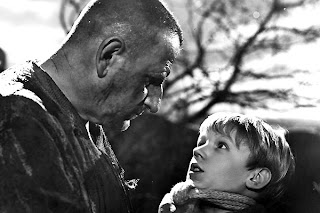This month I’ve listened to a
composer named Schubert. He died at the age of thirty-one and was buried next
to Beethoven. I’m listening to two symphonies; the first one is “Death and the
Maiden.” This symphony is soft and calming. It is sad music, if you think of a
dead animal you loved, or a person. Also I’m listening to “Trout,” which sounds
sweet and soothing. Schubert named his symphony “Trout” because it sounds like a
trout in a stream swimming. These are the symphonies I’ve been listening to
recently.
I believe Schubert
is a good composer, but not as good as Beethoven. (I like “Ode to Joy” better than
any other symphony so far, because it inspired me.) Schubert’s symphonies aren’t
as interesting in my opinion. However, he had written nine symphonies before he
passed away, and Schubert’s friends enjoyed them. After he wrote his music, Schubert
would hang out with his friends. They called it “Schubert Festival” because he
played his own music and it was entertaining.
Schubert
wrote “Death and The Maiden.” It’s much better than the “Trout,” because it is
faster and I can imagine something in the music. I can imagine people are sad
because their friend, family or even their animal died. The music moves faster,
but then slows down. “Death and the Maiden” tells me that not every musical
piece can be sweet and happy. It is an okay-sounding symphony.
He also wrote
“Trout” which I’m listening to, as well. I didn’t really understand why he
named his music “Trout” at first. It sounds just like “Death and The Maiden.”
Though, when I listened to the fourth movement I understood. The music in the
movement sounded like a fish swimming happily, like a ballerina is dancing on
water.
I’ve
listened to Schubert and his two of his symphonies this month. “Death and the
Maiden” is great for people who are feeling depressed; it sounds like people
are at a funeral and are sad. I would recommend “Trout,” which sounds like
happy music, to listen to when you’re not feeling down. These are the symphonies
I listened to this past month, and even though they were okay, I prefer
Beethoven!














